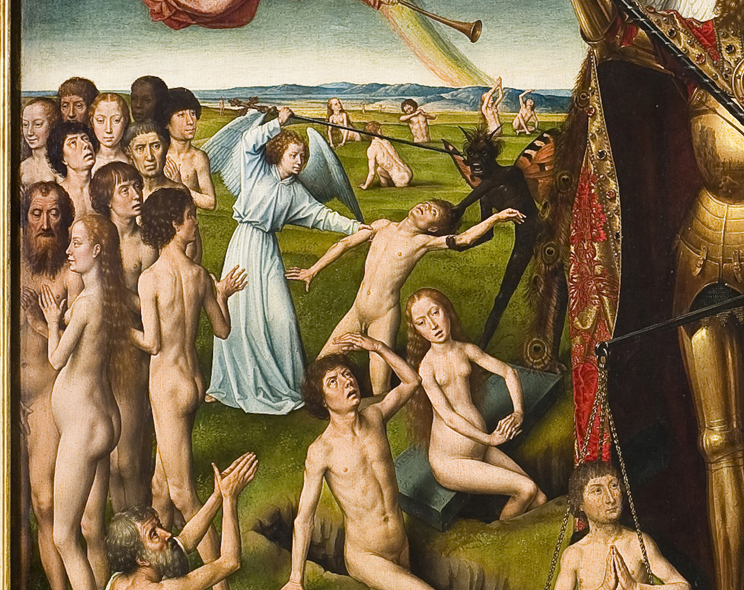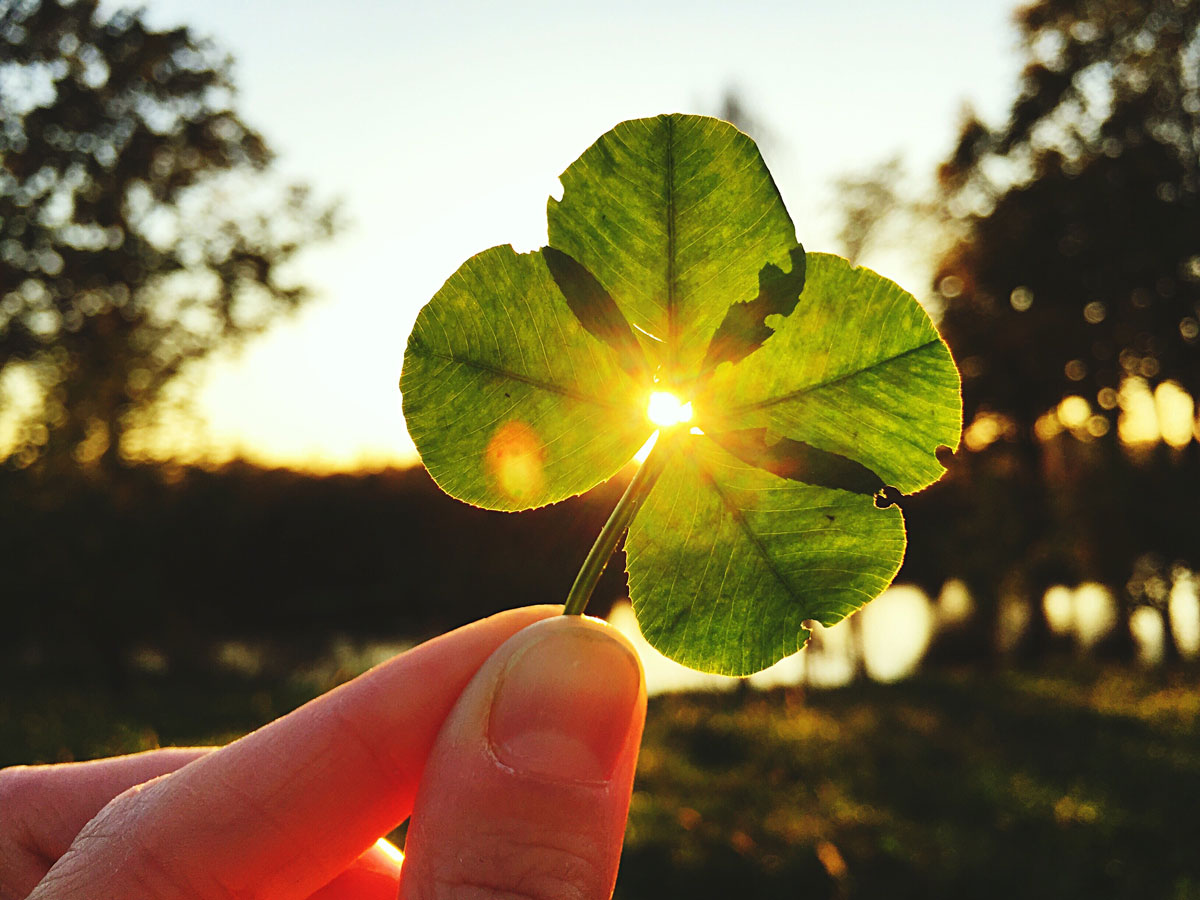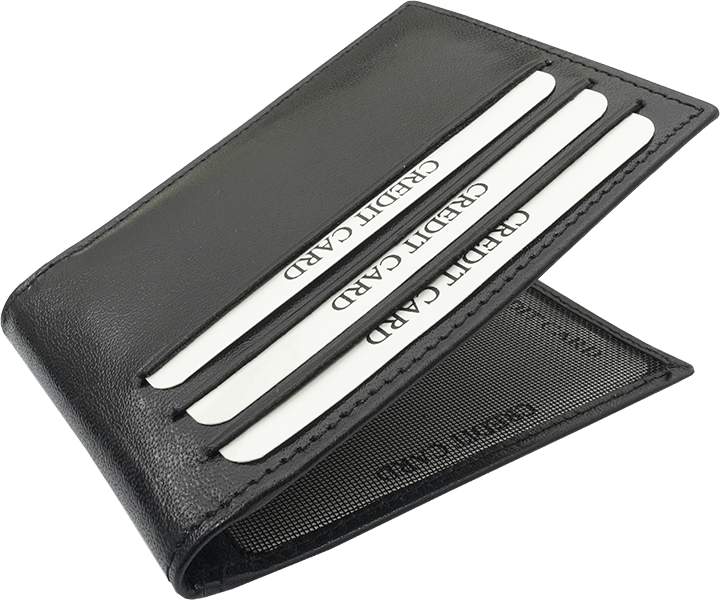Termékek: Megtaláltam {{ searchResultsCount }} - Mindent megmutatni
Ellenőrizze, hogy helyesen adta-e meg a keresett elemet.
Kategóriák: Megtaláltam {{ categorySearchResults.length }}

Ismerős sziluettel ellátott pénztárca, az egyik legnépszerűbb ajándék.
Közismert szokás, hogy egy fillért tesznek szerencsét hozó pénztárcába, amelyet ajándékba adnak valakinek.
Vessen egy pillantást erre a klasszikus ajándék tárcáraA jó szerencsét
Van egy babona, miszerint több pénzt "vonz" a címzetthez, ha olyan pénztárcát adnak neki, amelyben fillérek vagy más amulettek vannak. A kínai hagyomány szerint ez három négyzet alakú lyukkal ellátott érmét jelent, amelyeket egy piros fonal köt össze. Egyes európai országokban, köztük Lengyelországban ilyen talizmán a karácsony esti vacsoráról megmaradt pontyhéj. Az írek egy lóherét is beletehetnek egy ilyen erszénybe - de ötlevelűt. Az ősi hiedelem szerint az ötlevelű lóhere az, ami gazdagságot hoz a tulajdonosának.
Ha összetöröd a tükröt, amelyben a tükörképed van, az hét évig rosszul befolyásolja a sorsodat. Bármi történik a vudu babával, az azzal is megtörténik, akit ábrázol. Jobb, ha nem lépsz rá egy repedezett felületre, mert az "megreped" valamit az életedben. ....

Fekete macska
(európai eredetű).
Bár a macskákat gyakran társították a szerencsével, sőt az ókori Egyiptomban istenként tisztelték őket, a dolgok a 13. században rosszra fordultak sötét színű szőrmókjaink számára. Ekkor IX. Gergely pápa bullát adott ki, amelyben "a Sátán megtestesülésének" nyilvánította őket. Ettől kezdve a fekete macskák dicstelen helyzetbe kerültek, máglyán égették el őket szent napokon, például farsangkor, nagyböjtben és húsvétkor. A fekete mágia jelképévé, a boszorkányok attribútumává és az elkerülhetetlen szerencsétlenség előhírnökévé is váltak.

Pénztárca 319013
💎 adj hozzá egy drágakövet!

RFID pénztárca 330013
💎 adj hozzá egy drágakövet!

RFID pénztárca 357013
💎 adj hozzá egy drágakövet!

Pénztárca 312013
🌳 az ár tartalmazza a fadobozt

Tárca 379052
💎 adj hozzá egy drágakövet!

Pénztárca 314013
🌳 az ár tartalmazza a fadobozt

To knock on wood
(indoeurópai és kelta eredetű).
Próbáltál már kopogtatni a fára, hogy elhárítsd a gonoszt? Ez a babona abból az ősi pogány hiedelemből ered, hogy a jó szellemek a fákban laknak, és kopogtatással segítségül lehet hívni őket. A kopogtatás azt is megakadályozta, hogy a gonosz szellemek meghallják az ember beszédét, és kárt okozzanak neki. Régiónként ez a babona némileg eltérhet, például Lengyelországban a festetlen fára, Törökországban a kétszeres kopogtatásra, Latin-Amerikában pedig a láb nélküli fára (nem asztalra, székre stb.) való kopogtatásra.

Sót dobni a bal vállon át
(ősi és zsidó-keresztény eredetű).
Ez egy másik módja a gonosz elhárításának. Az emberi képzelet ősidők óta a jobboldalt csak .... megszemélyesítette. helyes, jó. Hasonlóképpen, a gonosz az alsóbbrendű bal oldalról támadott. Innen származnak a rossz indulatok, a rossz döntések és a szerencsétlenség. A só évszázadok óta nehezen beszerezhető és ezért drága nyersanyag. Azzal, hogy valaki bizonyos áldozatot hozott, és átdobta a bal vállán, állítólag nagyobb bajt előzött meg, mint egy marék értékes fűszer elvesztése.

Négylevelű lóhere
(kelta eredetű).
A kelták hittek abban, hogy a négylevelű lóhere mágikus erővel rendelkezik, és véd a balszerencsétől és a gonosztól. Azt is hitték, hogy ha magaddal viszed, akkor láthatod a tündéreket. A kelta tündérek veszélyes kis lények voltak, akik halálos tréfát űzhettek, vagy ellophatták a gyerekeket, ezért a tündérek meglátása esélyt adott a szerencsétlenség elkerülésére. A négylevelű lóhere megtalálása azonban nem olyan egyszerű, ahogy azt a tudósok (természetesen) megerősítették. Egy Svájcban végzett tanulmány szerint az esély 1:5000-hez - sok szerencsét!
Good luck!










